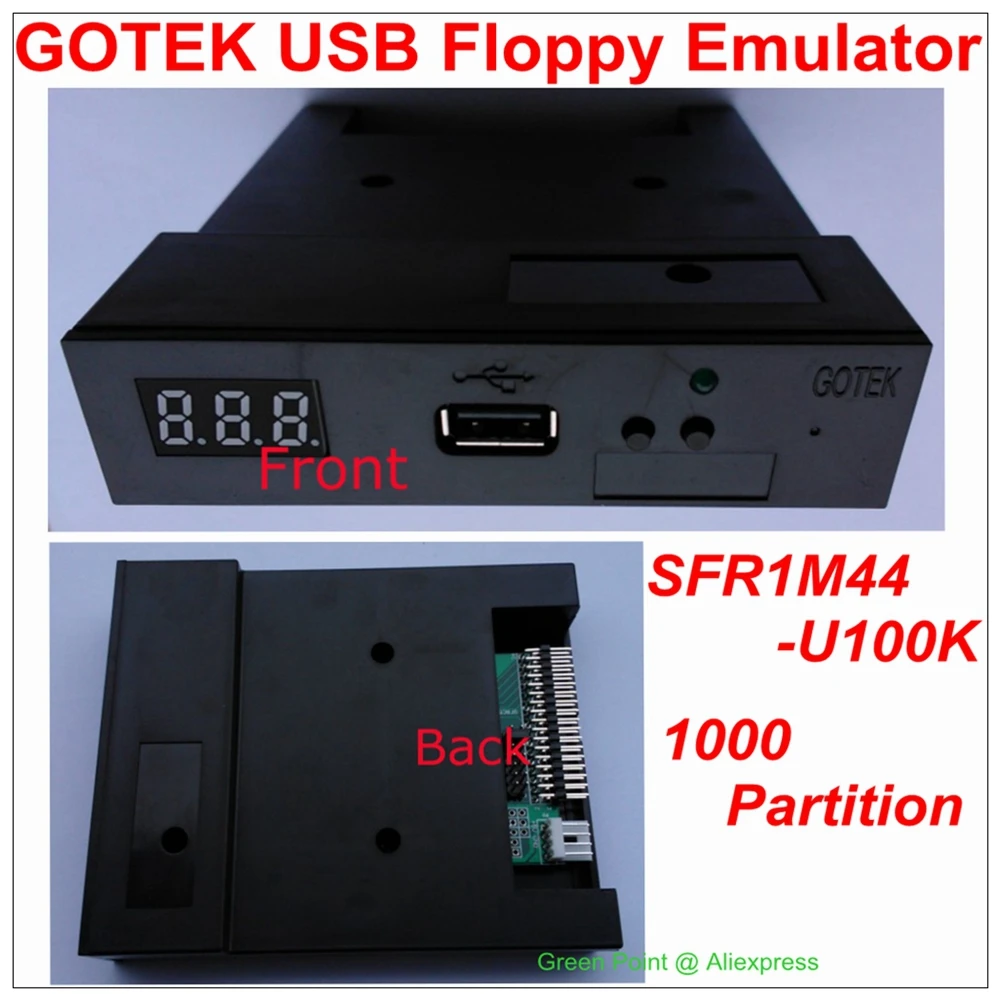I've been thinking about this for a while now (I think I've even made posts about it before, not sure) and I approached the idea through numerous ways like using a USB adapter and mounting it internally through one of the headers or get a motherboard with a floppy controller which is well not happening. Don't mention USB floppy drives, I'd hate carrying them around plus its a boring solution.
I have a B350-Plus that DOES have regular PCI slots and from that I got an idea... would it be possible to get a PCI Floppy controller card and go from there? Would those ancient things even work on a modern system? It raises some questions:
I have a B350-Plus that DOES have regular PCI slots and from that I got an idea... would it be possible to get a PCI Floppy controller card and go from there? Would those ancient things even work on a modern system? It raises some questions:
- BIOS Compatibility: Assuming it fits on my PCI slot, will my modern UEFI bios even recognise the card? I think floppy controllers have their own BIOS that needs to be seeked through an option ROM feature or something along those lines. I think even modern UEFI has legacy BIOS support, but I have no idea if that would be enough to get the two to work with each other.
- Drivers: Assuming the controller works, it can be accessed through the Southbridge, it is able to seek my floppy drive and everything, would Windows 10 even be able to recognise the controller to actually access the floppy drive? I don't really know if there are generic drivers for floppy controllers or if each card has its own unique drivers.
- Anything else I'm missing that prevents this from working? It's not like I know everything.


